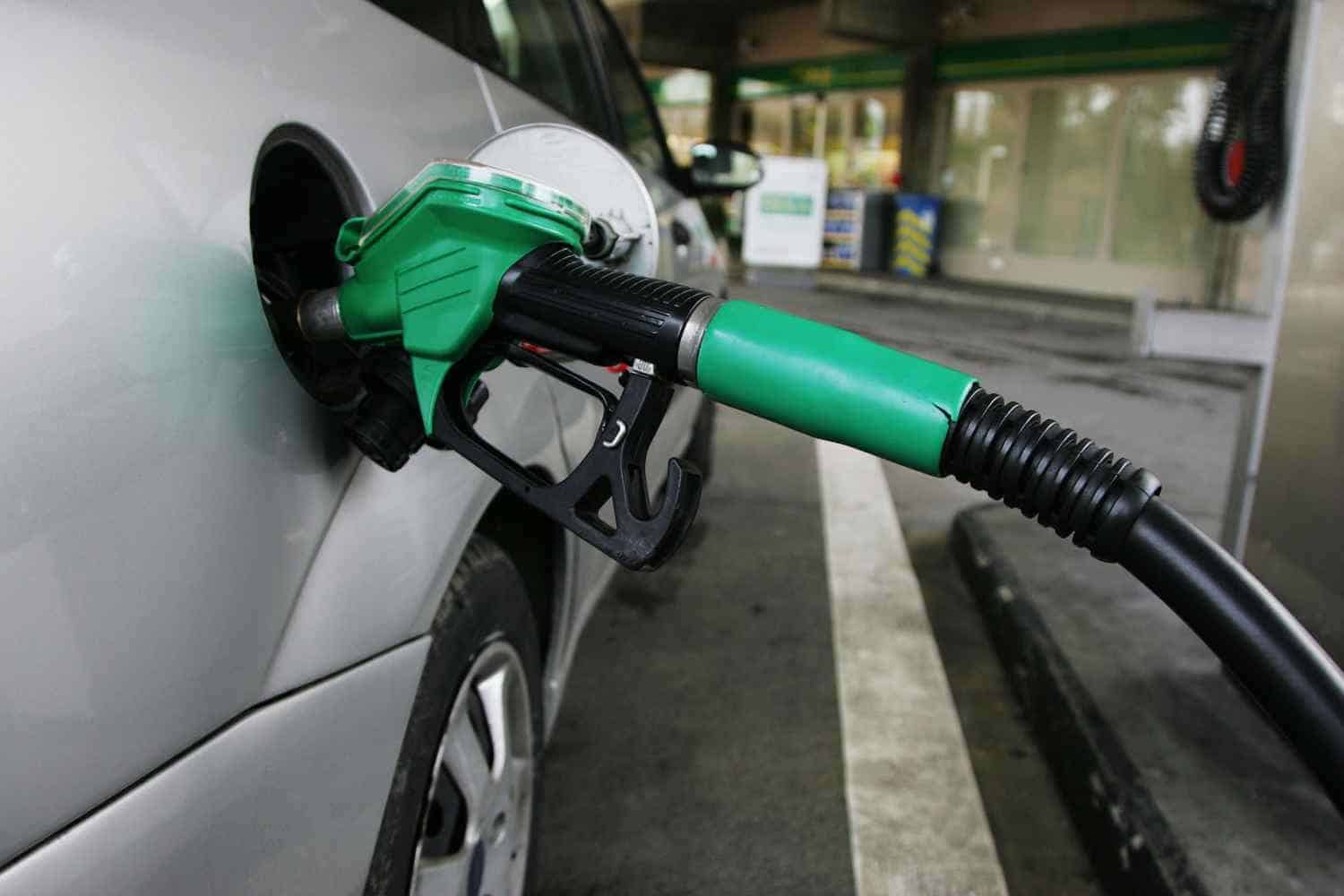South African motorists could see a drop in petrol and diesel prices in September 2024, based on the latest data from the Central Energy Fund (CEF).
UPDATE: The Department of Mineral Resources and Energy released the final adjustments to fuel prices, coming into effect on Wednesday, 4 September 2024. See the update below.
Story Summary:
- Significant over-recoveries across various fuel types suggest a price reduction is likely.
- Global oil prices have been stable but face upward pressure due to geopolitical tensions.
- The extent of the price decrease could be influenced by the final global oil price trends as September approaches.
Early petrol price outlook for September 2024
As of Monday, 26 August 2024, the CEF reported notable over-recoveries for various fuel types, which usually means that the actual cost of importing fuel has been lower than expected.
For instance, Petrol 95 ULP shows an over-recovery of R1.15 cents per litre, while Diesel 0.05% has an over-recovery of R0.97 per litre.
These figures strongly suggest that a reduction in fuel prices could be on the horizon for September.
Here’s a closer look at the over/under-recovery rates, as of Monday, 2 September 2024:
| Fuel type | Official | Adjustment on 26/08/2024 | Adjustment on 19/08/2024 | Adjustment on 12/08/2024 |
| Petrol 95 | R0.92 | +R1.15 | +R1.13 | +R0.47 |
| Petrol 93 | R0.92 | +R1.01 | +R1.04 | +R0.41 |
| Diesel 0.05% | R0.79 | +R0.97 | +R0.94 | +R0.39 |
| Diesel 0.005% | R1.05 | +R1.24 | +R1.24 | +R0.69 |
How oil prices affect the September forecast
While the local over-recovery figures are promising, global oil market trends are a critical factor in determining the final price adjustment.
Brent crude oil prices have recently stabilised at around $85 per barrel, while WTI crude oil is near $81.5 per barrel.
This stabilisation comes after a period of volatility driven by geopolitical tensions, particularly in the Middle East.
These tensions could lead to supply disruptions, potentially putting upward pressure on prices.
According to market analysts, the current balance of supply and demand in the oil market suggests that prices may not rise sharply in the immediate term.
However, if geopolitical tensions worsen or if global economic conditions change, the anticipated decrease in South African fuel prices could be smaller than expected.
What does this mean for consumers?
For South African consumers, the month-end data is a positive sign, pointing to potential relief at the pumps in September.
The final price adjustments will depend on how global oil prices move in the coming days and how these movements impact the local market.
If the current trends hold, motorists can expect a noticeable decrease in fuel prices, providing some financial relief as the year progresses.
What goes into the final retail price of fuel in South Africa?
Determining the final retail price of petrol in South Africa relies heavily on the rand’s performance in currency markets and oil price movements.
Using this information, the CEF can formulate BFP estimates which, in essence, offer South African importers a snapshot into the cost of buying petrol from an international refinery, transporting the product and ensuring it against possible losses at sea and on land.
However, before the retail price of petrol is finalised at petrol stations, several additional costs are included in the BFP:
Government levies
- IP tracer levy (reimbursement to the oil industry for buying IP tracer dye and injecting it into IP to curtail the mixing of IP and diesel)
- General Fuel levy (tax levied by the government)
- Slate levy (to finance the cumulative under-recovery of the industry)
- RAF levy (to compensate for people involved in road crashes and accidents)
- Petroleum products levy (reimbursement to the pipeline users for the applicable NERSA tariff on transporting fuel through the pipeline)
Additional costs
- Wholesale margin (markup to the price of a product to account for wholesaling costs)
- Service cost recoveries
- Storage, handling and delivery costs
- Distribution costs
- Dealers margin (commission to the fuel pump dealers for retail operation)
- Zone differential (applicable to inland regions)
- Customs and excise duty
Monthly adjustments to fuel prices are made on the first Wednesday of each month based on these factors. The next changes will take effect on Wednesday, 5 June 2024.
Disclaimer: The petrol price forecasts provided in this article are based on speculative data and should be considered as such. The information has been sourced from the Central Energy Fund, and while we strive to present the most accurate and up-to-date information, Swisher Post does not guarantee the accuracy, completeness, or timeliness of the data. Prices can fluctuate due to a variety of factors beyond our control, including but not limited to changes in international oil prices, currency exchange rates, and government taxes. Therefore, Swisher Post shall not be held liable for any discrepancies or differences in the actual prices. Readers are advised to consult official sources for the most current petrol price information.
